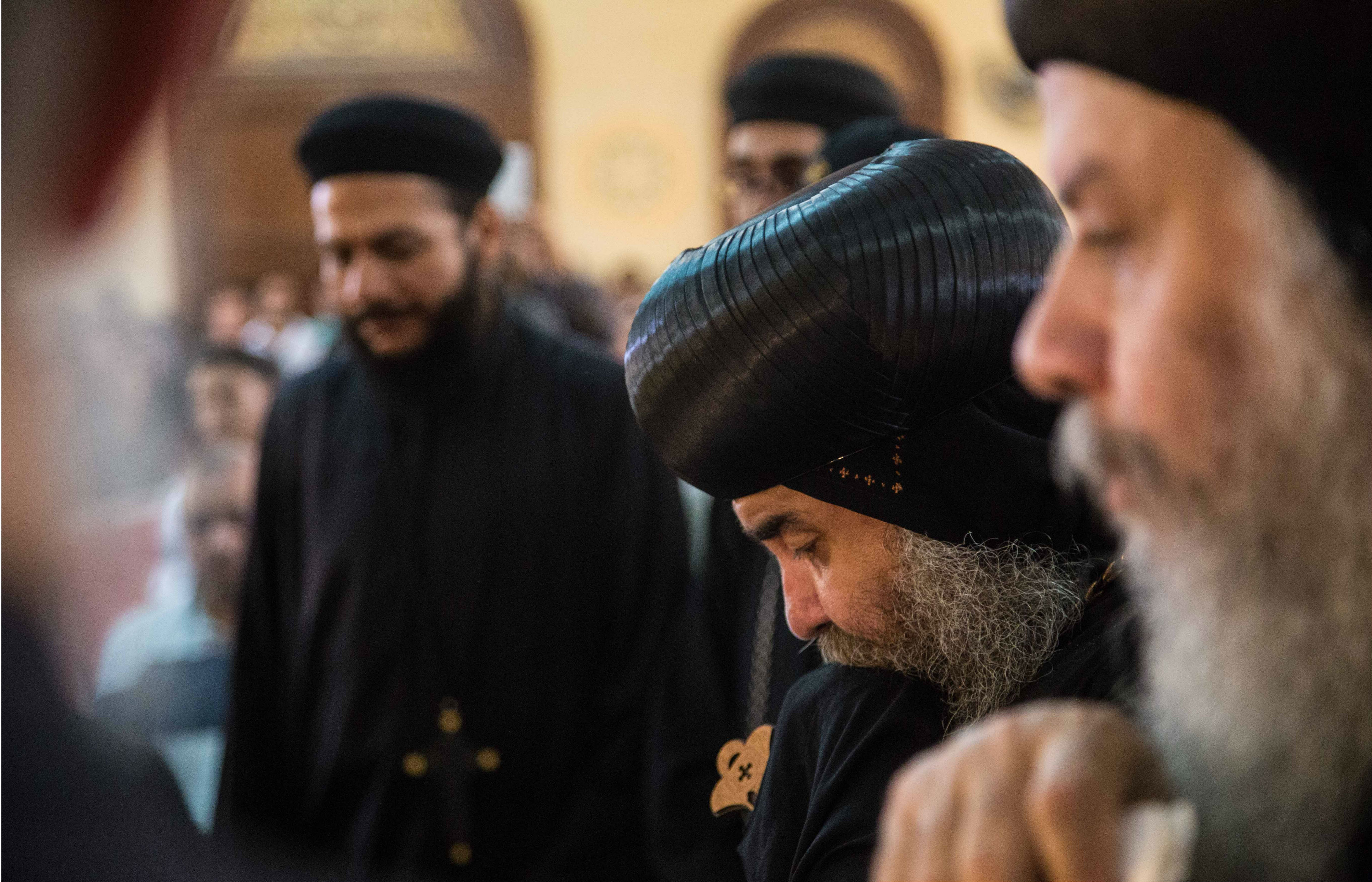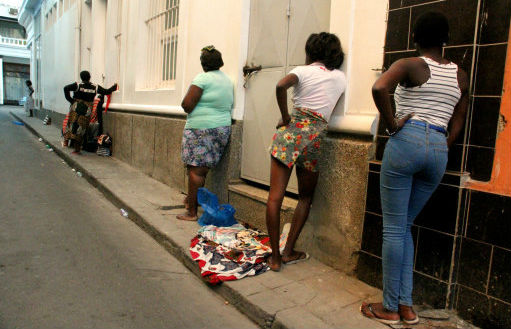Catholic bishops in South Africa have said they’re concerned that the Government is failing to combat human trafficking, following the release of the US 2017 Trafficking in Persons Report by the Secretary of State, Rex Tillerson.
Fr Peter-John Pearson, director of Southern African Catholic Bishops’ Conference Parliamentary Liaison Office said lack of political will is undermining anti-human-trafficking efforts.
“Despite the progress made in combating human trafficking, especially in the area of legislation; despite admirable training programmes for law enforcement agents, social workers and immigration officials; and despite the herculean work being done by faith communities and NGOs, it is scandalous that more funding to implement the policies has not been forthcoming,” said Fr Pearson in July’s parliamentary briefing.
The US report says that in Africa, prosecutions for human trafficking increased from 272 in 2010 to 1,251 in 2016 and convictions rose from 163 in 2010 to 1,119 in 2016, while the number of known victims doubled from 9,626 in 2010 to 18,296 in 2016.
South Africa, which remains a source, transit, and destination country for men and women, and has children subjected to forced labour and sex trafficking, particularly children recruited from poor rural areas to urban centres, has good laws but poor policing.
“As with many other areas of the South African reality, the policies and legislation are excellent but the follow-up and the political will to implement legislation is seriously wanting,” Fr Pearson said adding: “As seems to be endemic in South Africa, the culture of corruption short-circuits proper investigations and bypasses officials who might be complicit in human trafficking offences.”
PICTURE: Prostitutes in the red light district of Maputo, Mozambique, on 17 May 2016. The International Organisation for Migration (IOM) assumes 1,000 women and children to be trafficked from Mozambique to wealthier South Africa annually



 Loading ...
Loading ...